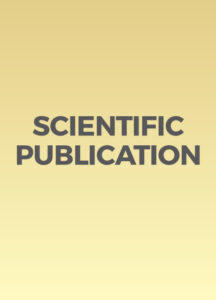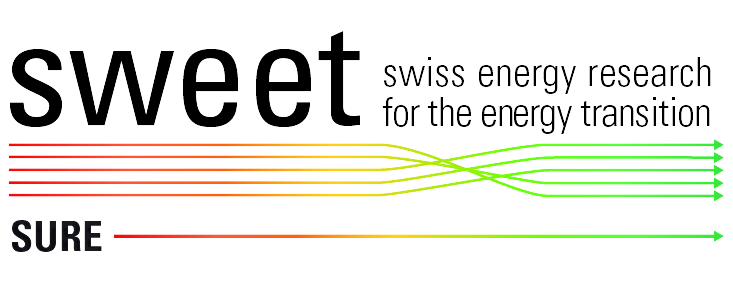Digitalization is expected to play an important role in mitigating environmental issues and supporting the energy transition to meet future energy and climate targets. To understand the role of Information and Communication Technology (ICT) applications in the energy transition, a prior understanding of their implications on user behavior and energy consumption is essential to identify and prevent potential rebound effects. With a systematic literature review, this paper investigates approaches to quantify behavioral changes and energy impacts for different ICT applications. The review highlights a gap in linking the effects of ICT on users’ behavior and impacts on energy consumption over a long time horizon and beyond the specific regional case study. We find that the difficulty in expanding the temporal and spatial resolution is related to the type of approach used to assess user effects. The review highlights and describes the problem of selecting the appropriate approach to perform an analysis that is robust in assessing both changes in user behavior on the one hand, and future energy implications related to ICT applications on the other hand.














